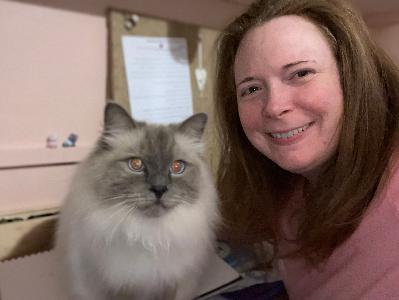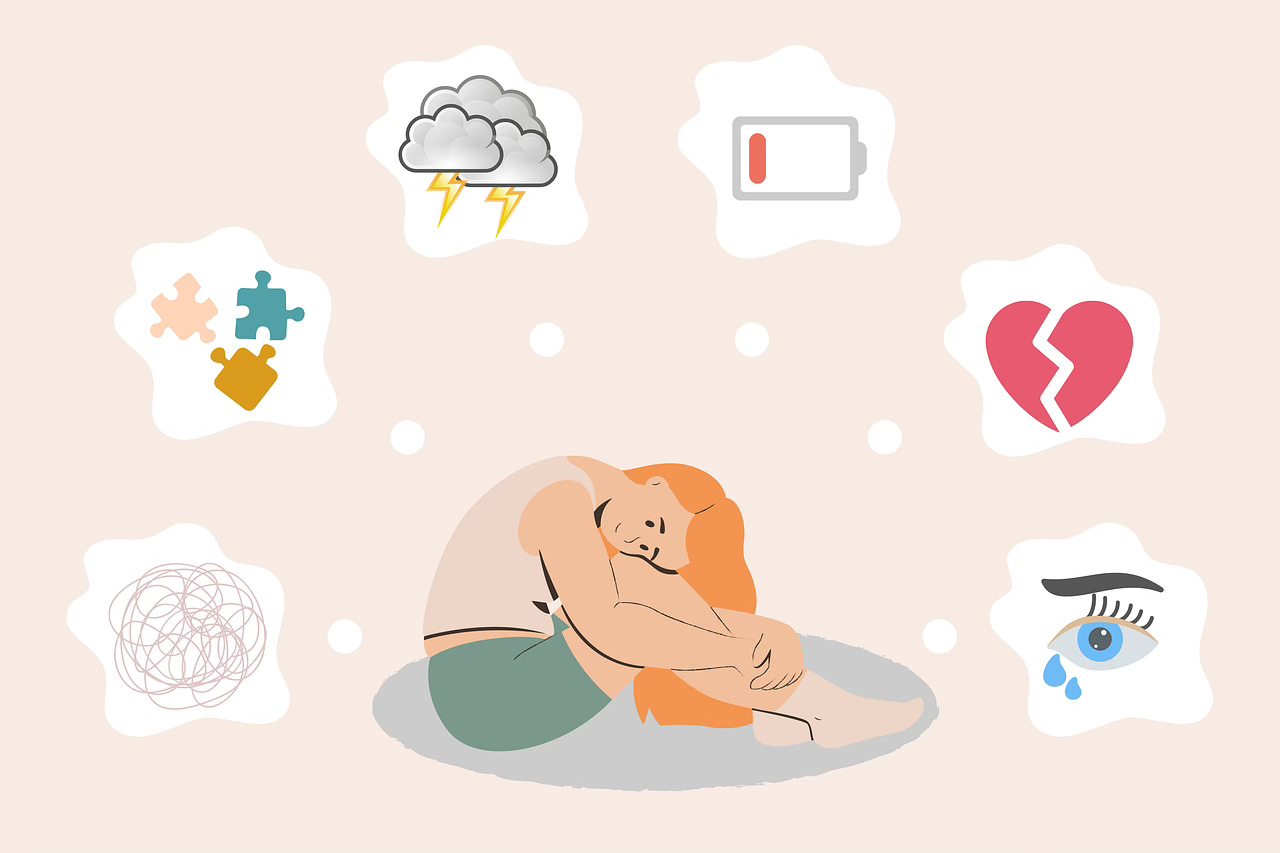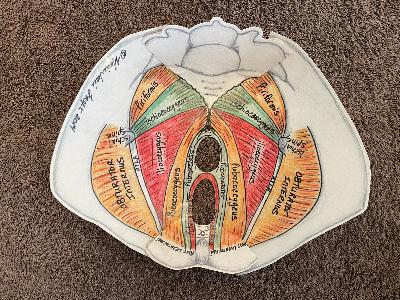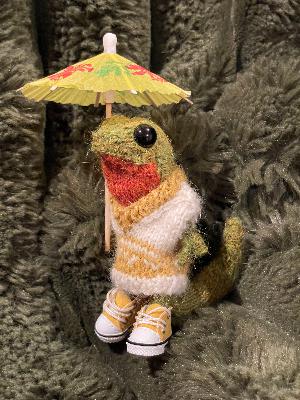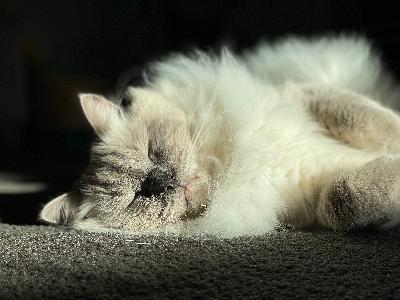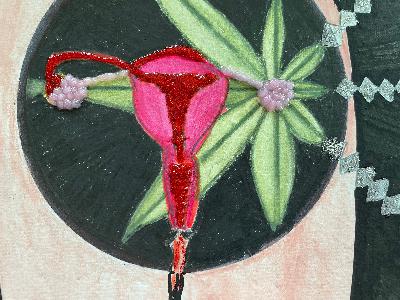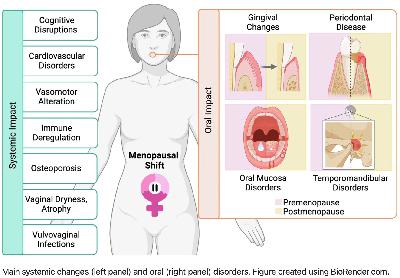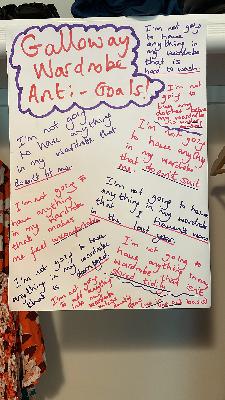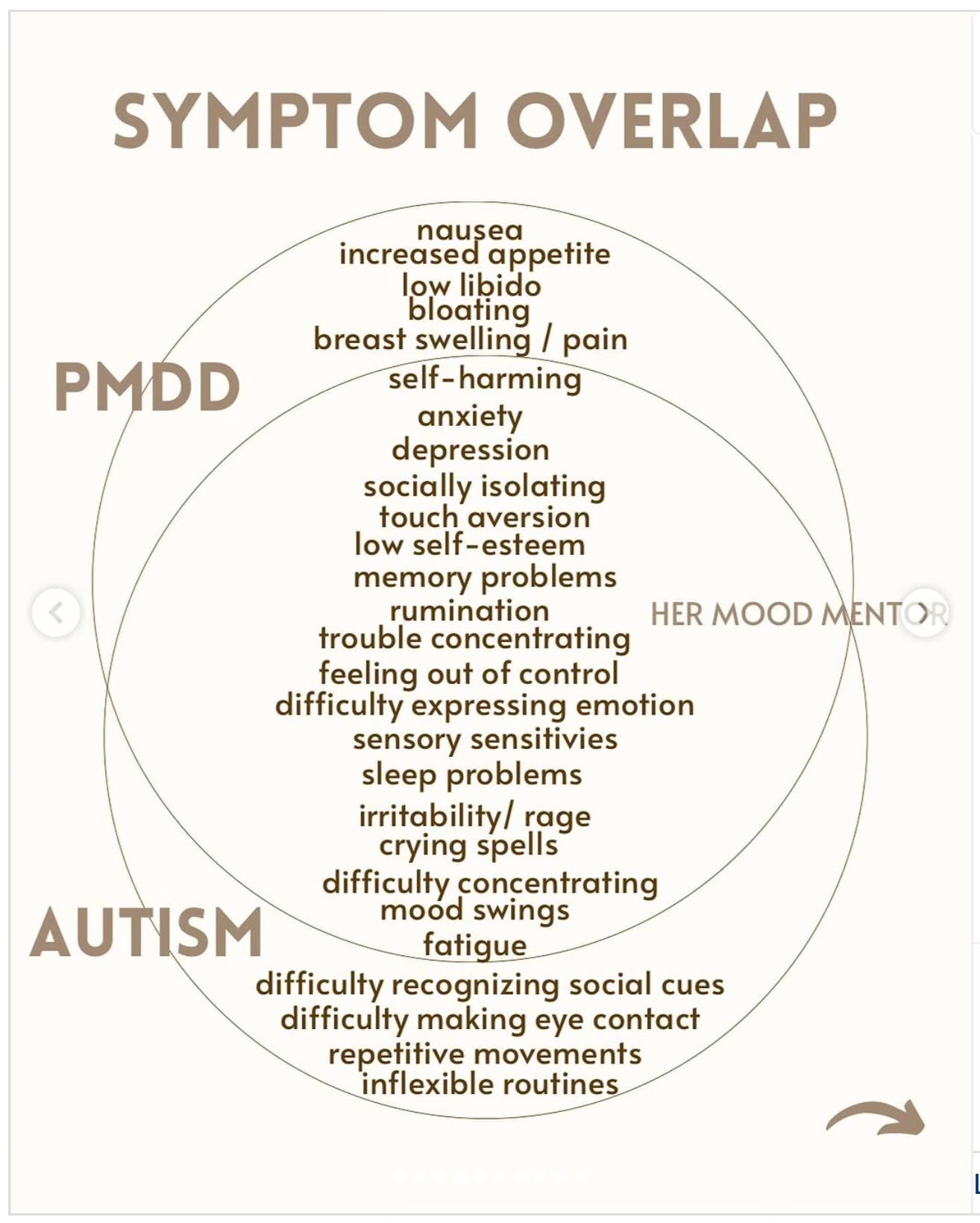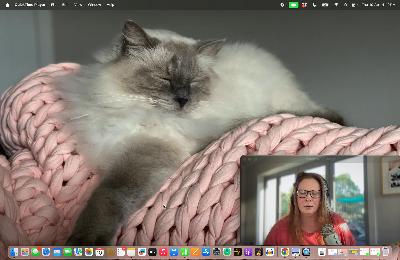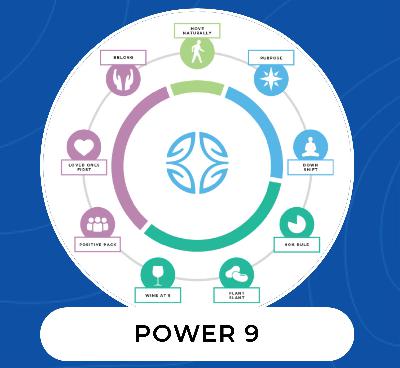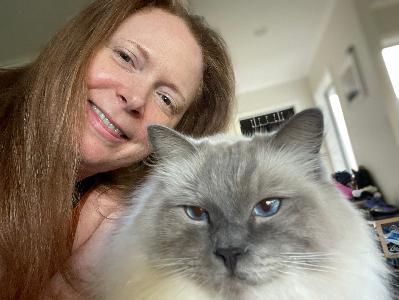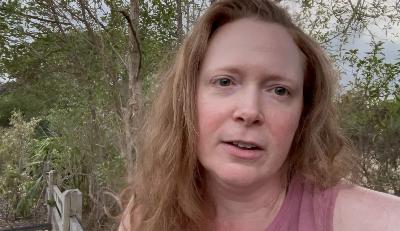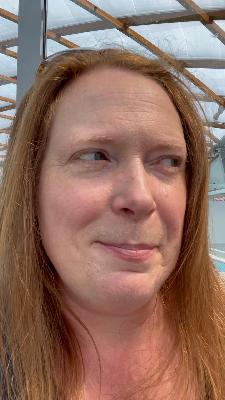The Auti Peri Q&A: Sam Galloway
Description
Hi, I’m Sam (she/her). A late diagnosed neurodivergent woman, a tenacious midlife struggler, and an advocate for people in autistic perimenopause here at The Autistic Perimenopause: A Temporary Regression AKA The Auti Peri.
I am delighted to be the host of The Auti Peri Q&A Series!
In this series, I host a Q&A interview with a fellow autistic person about their experience of the menopause transition.
💕 Thank you for reading The Autistic Perimenopause! 💕
If my work is valuable to you and you can afford to, please consider upgrading to a paid subscription.
Annual paid subscriptions cost US $46.60/ NZ $80/UK £35.90 (ish) per year.
Monthly paid subscriptions cost US $4.66/NZ $8/UK £3.59 (ish) per month.
YAY! This is the tenth Auti Peri Q&A interview! 🎉
Thanks so much to all my awesome previous guests!
Here are their insightful Q&A interviews: Autistic Ang, Tamsin Chennell, Allegra Chapman, Julie M Green, Nicola Bal, Elly Marie, Jen deHaan and Patrice Riley.
There are lots more fantastic Q&A guests to come!
If you would like to be featured as part of this Q&A series, please message me. I’d love to share your story!
Today I am putting myself in the hot seat and sharing my own responses to The Auti Peri Q&A - Sam Galloway - creator of The Autistic Perimenopause: A Temporary Regression.
Originally from London in the UK, I currently live on the Kāpiti Coast of Aotearoa New Zealand with my husband, our two kids and two ragdoll cats. Harry is pictured with me below, the divine feline that he is! 😻
Grab a cuppa, put your feet up and have a read. As you may expect, I have a lot to say on this subject! But I will try not to take up too much of your time… 🤞🎧
What does “autistic perimenopause” mean to you?
In my personal experience, symptoms of the menopause transition have been very extreme. They began at an earlier age (mid 30s) for me compared to the average, which isn’t uncommon for autistic people. I don’t know why some autistic people may start perimenopause younger than non-autistics. Some autistics are hypersensitive to internal changes, including the effects of hormonal fluctuations on our body and mind. We also may be aware of their effect sooner, before they become more frequent/severe.
Changes can be unbearable and adversely affect my functioning and capacity to cope with everyday demands. Until I had a Mirena inserted, my sensory overload was increased in perimenopause with random menstrual and back pain, headaches, joint pain, skin dryness, dry eyes, spontaneous bleeding, and general unpredictability around my health, mood and wellbeing. Fortunately my experience of severely debilitating symptoms in my menopause transition is not the case for all autistics.
Up until midlife, I was mostly able to channel my energy and intellect into socially masking and compensating for my constant, numerous challenges. When autistic perimenopause started, everything fell apart.
I had masked so well and for so long that I had no idea I was even autistic before perimenopause began. I had always had a general inkling that I was different from everyone else, but for no discernible reason. The gap between my peers and I widened when life as I knew it became unbearable in the early stages of my autistic perimenopause.
I was so emotionally and sensorially dysregulated, that it became impossible - and undesirable - to continue masking.
As is the case for many late diagnosed females, seeking diagnostic assessments for our own children in this life phase is often the catalyst for self-diagnosing our own neurodivergence. I happened upon signs of female autism after researching the topic regarding my kids, and saw how it made sense of my own life until that point. So midlife is often extremely complex for neurodivergent women.
Many consider it liberating, but I am not yet at that point.
The shame and confusion caused by our unconscious and involuntary masking can present with increased meltdowns, shutdowns and regression in our communication and skills.
Imagine brain fog, but instead of wondering why you walked into the room, you may wonder why you exist in this realm, and why you have had to evade social rejection your entire life.
Imagine a hot flush, but instead of unbearable sweating and discomfort, you become hysterical and no longer want to be inside your own skin.
Imagine not knowing why you feel the way you do, but instead of seeing your own GP and starting HRT, you are referred to adult mental health and think you are losing your mind. Mental health services do not necessarily comprehend the link between neurodivergence, mental health and hormones, so many end up misdiagnosed and given psychiatric drugs and therapies that do not improve symptoms. Hormonal mood issues require hormonal treatment (HRT/MHT), as the root cause needs to be addressed before symptoms can be alleviated.
When we don’t understand ourselves, and doctors don’t understand autism or menopause, we are unsupported and may feel hopeless. The risk of death by suicide is three times higher in autistic women than in non-autistic women in midlife. This should be a known crisis point.
Although we are at the very early stages of academic research into autistic perimenopause, I believe that severe menopausal depression should necessitate an autism assessment, since the link between neurodivergent suicidality and fluctuations in reproductive hormones is so strong.
It is an enormous disservice to autistic women that there are major data voids in autistic perimenopause, and also that there is not enough specialised (or any?) support for us.
Medical systems are patriarchal, misogynistic and ableist. It is frightening to be going through this transition with no emotional or practical support.
When did your autistic perimenopause symptoms start and what were/are they?
My first symptom was dry eyes. I had recently emigrated to Aotearoa New Zealand from the UK and was unsure whether it was hayfever from the new-to-me native Kiwi flora pollen. It didn’t feel like hayfever though; instead my eyes were burning and felt sunburnt. My two homeschooled sons were under 5 at the time, and I had to drive them to activities every day. In agony, I regularly had to pull the car over and would cry tearlessly several times a day. The optician reassured me that it was nothing sinister, but when it continued with repeated regular application of over the counter lubricating eye drops, I had a private referral to an eye specialist.
As homeschooling mothers often do, I have to take both children along with me to all my medical appointments. When I eventually saw an eye specialist she told me, “I am not calling you old, because I am the same age as you, but this is because of your age”.
This was the first occasion where perimenopause was missed, and all because I was 37 - too young to be “menopausal”, surely? I
Now I despair when I reflect back on that time. This was only around 2018, and both a medical specialist and I had no idea that perimenopause could start in our mid-late thirties. How many women my age had been referred to her and been told “it’s because of your age” without being told that it is actually a symptom of fluctuating/low oestrogen?
The most we are told about dryness as a symptom in perimenopause and menopause is about dry vaginas! Dry eyes are not an uncommon perimenopausal symptom, yet continued medical misogyny and unintentional gaslighting fails to give us the proper diagnoses in midlife, or when nearing midlife.
Women are often socialised to be so frightened to admit their age to others. Perhaps the eye specialist may have felt that she was bravely b

